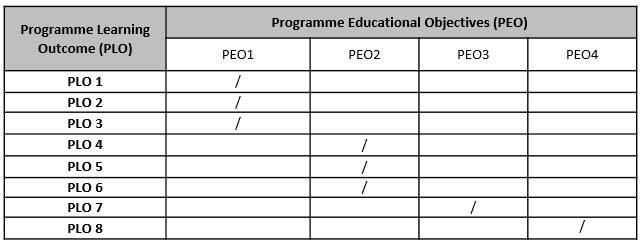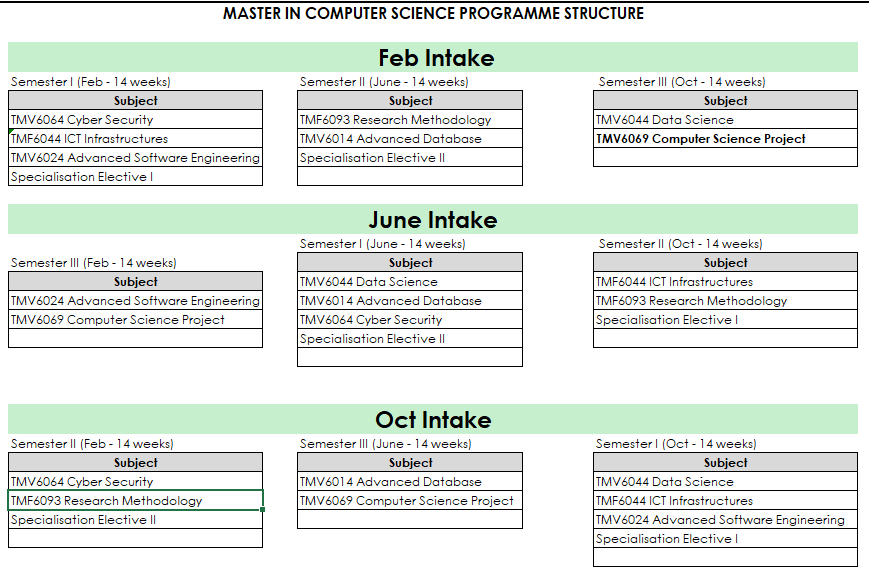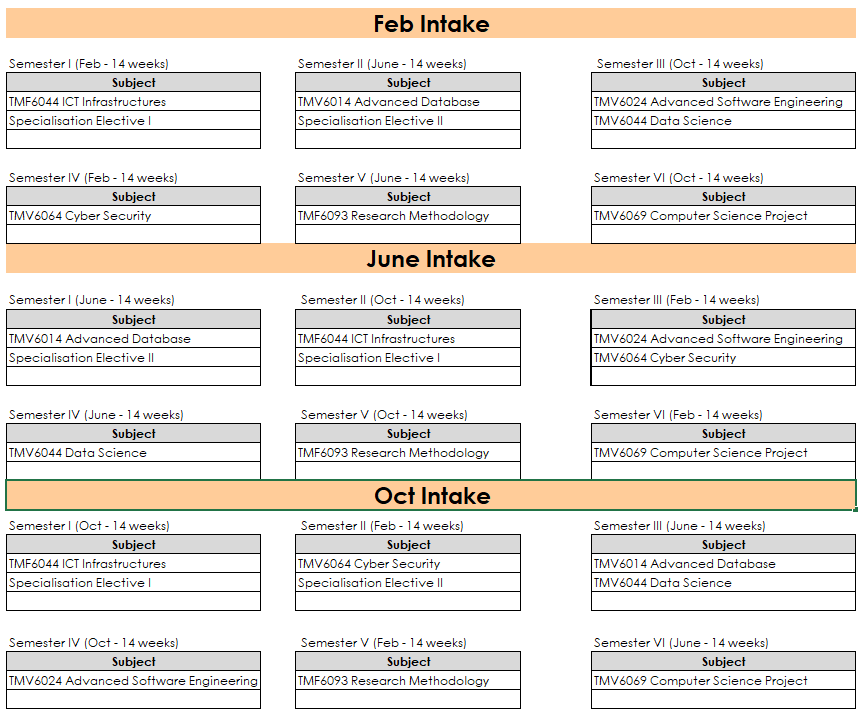Master in Computer Science (MCS)
The Master in Computer Science programme (MCS) by coursework is tailored for individuals with a background in computing. Our program schedules for working professionals and offers the most relevant and up-to-date curriculum to meet the demands of the rapidly changing world of computing. The curriculum for the Master of Science in Computer Science requires 40 credit hours, including a project. You will take advanced courses in computational theory, software engineering, databases, and Artificial Intelligence. You can choose two specialization electives such as data analytics, Image processing, and digital economy.
Upon graduation, you will be well-prepared to pursue careers such as Software Engineer, Systems Architect, Systems Analyst, Data Analyst, Software Consultant, or Software Development Project Manager. The programme is also suitable for candidates who plan to pursue a PhD degree.
Announcement (last update 12 Jan 2026):
============================
Online Orientation for Session 2025/2026-2 (Feb) Intake:
Date and Time: Saturday, 7 Feb 2026
Time: 8:00 PM - 10:30 PM (Malaysia Time)
Meeting link:
https://unimas.webex.com/unimas/j.php?MTID=m8697e810088133b91e1ca8c89cf4e819
Meeting number:
2642 191 0987
Meeting password:
3WUpNAH43P2
Click here >>> New Student Registration
The minimum entry requirements for the programme are as follows:
i) A Bachelor's degree (Level 6, MQF) in Computing or related fields with a minimum CGPA of 2.50, as accepted by the HEP Senate; OR
ii) A Bachelor's degree (Level 6, MQF) in Computing or related fields or equivalent with a minimum CGPA of 2.00 can be accepted subject to a minimum of FIVE (5) years of working experience in the related fields and rigorous internal assessment; OR
iii) Candidates without a qualification in the related fields or relevant working experience must undergo appropriate prerequisite courses as determined by the HEP and meet a minimum CGPA of 2.00 with a minimum of FIVE (5) years of working experience in the related fields, and rigorous internal assessment; OR
iv) Other qualifications equivalent to a Bachelor's degree (Level 6, MQF) in the field of Computing or related fields recognised by the Government of Malaysia must undergo appropriate prerequisite courses as determined by the HEP.
International Applicant
The minimum entry requirements for the programme are as follows:
i) A Bachelor's degree (Level 6, MQF) in Computing or related fields with a minimum CGPA of 2.50, as accepted by the HEP Senate; OR
ii) A Bachelor's degree (Level 6, MQF) in Computing or related fields or equivalent with a minimum CGPA of 2.00 can be accepted subject to a minimum of FIVE (5) years of working experience in the related fields and rigorous internal assessment; OR
iii) Candidates without a qualification in the related fields or relevant working experience must undergo appropriate prerequisite courses as determined by the HEP and meet a minimum CGPA of 2.00 with a minimum of FIVE (5) years of working experience in the related fields, and rigorous internal assessment; OR
iv) Other qualifications equivalent to a Bachelor's degree (Level 6, MQF) in the field of Computing or related fields recognised by the Government of Malaysia must undergo appropriate prerequisite courses as determined by the HEP.
AND
a) Achieve a minim um score of 6.0 in the International English Language Testing System (IELTS) or equivalent (Example: Malaysian University English Test (MUET) with Band 4; Test of English as a Foreign Language Internet-Based-Test (TOEFL IBT) with score 60-78; Test of English as a Foreign Language Paper-Based-Test (TOEFL PBT) with score 530-545; Common European Framework of Reference (CEFR) for Languages with level B2).
If a student does not meet this requirement, the HEP must offer English proficiency courses to ensure that the student's proficiency is sufficient to meet the needs of the programme.
Dr Ling Yeong Tyng
Programme Coordinator Master in Computer Science (MCS)
Faculty of Computer Science and Information Technology
Universiti Malaysia Sarawak
94300 Kota Samarahan
Tel: 082-583713
Email : ytling@unimas.my







